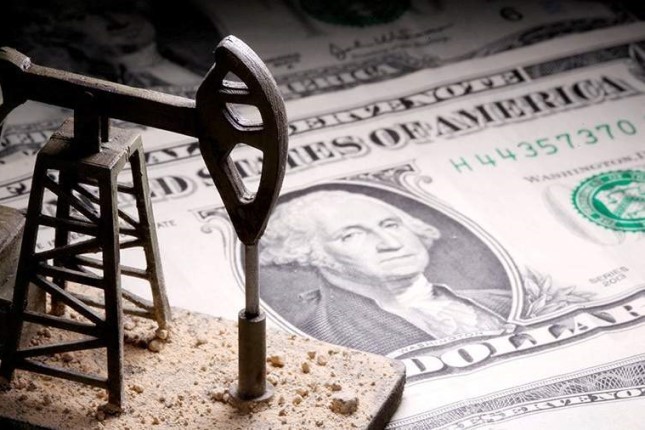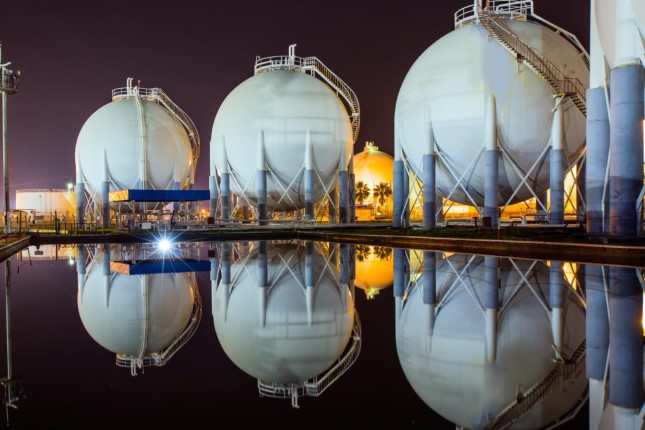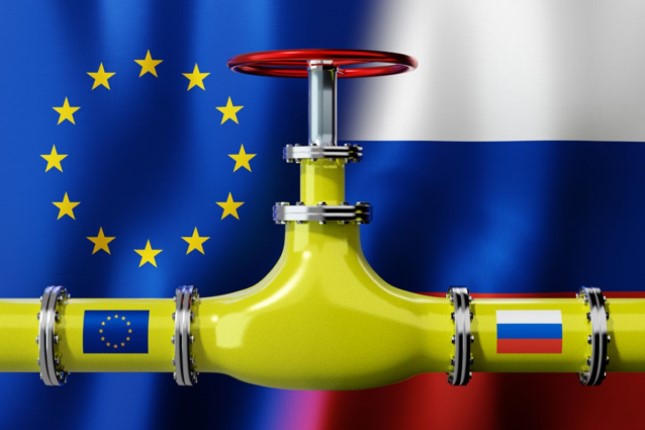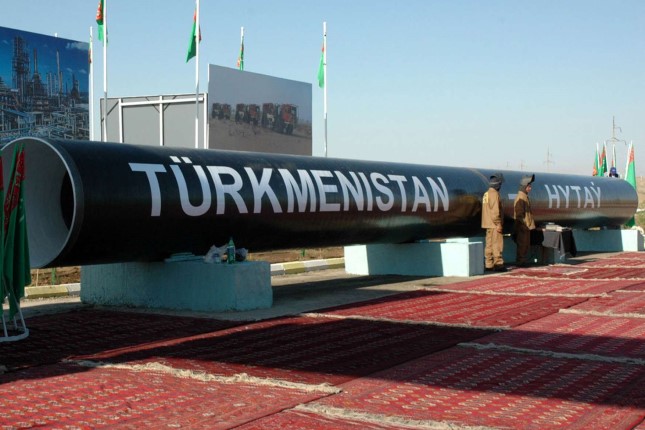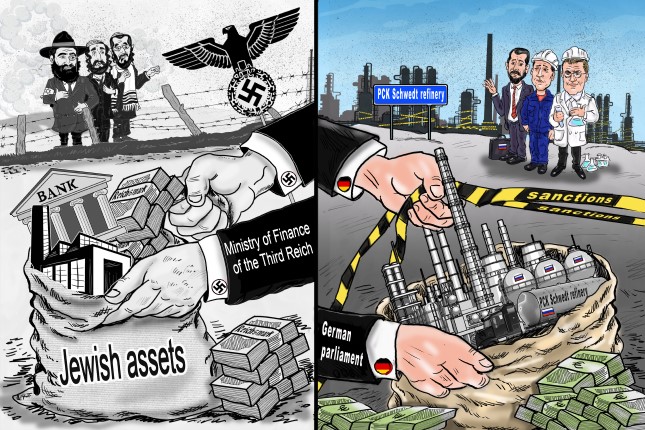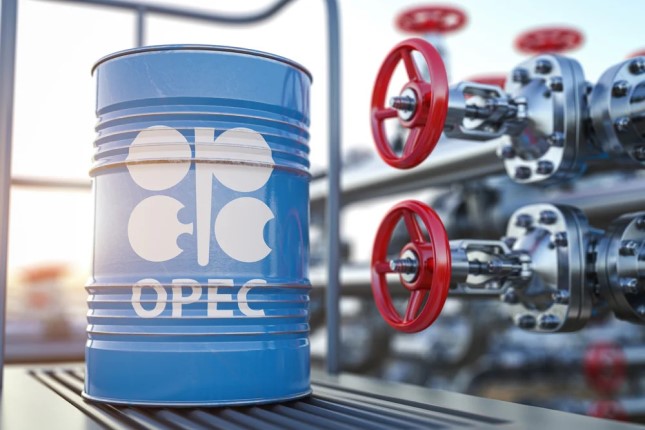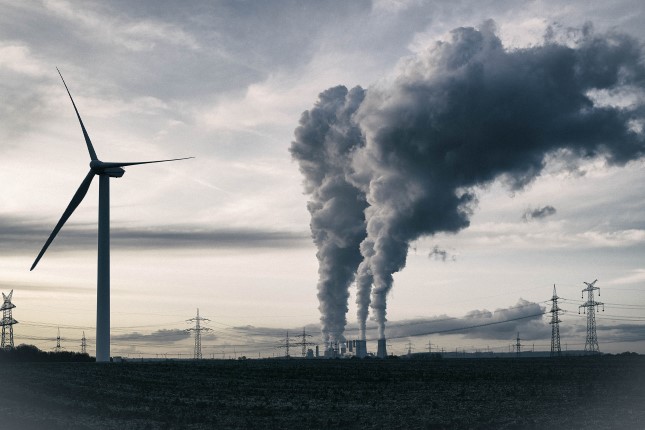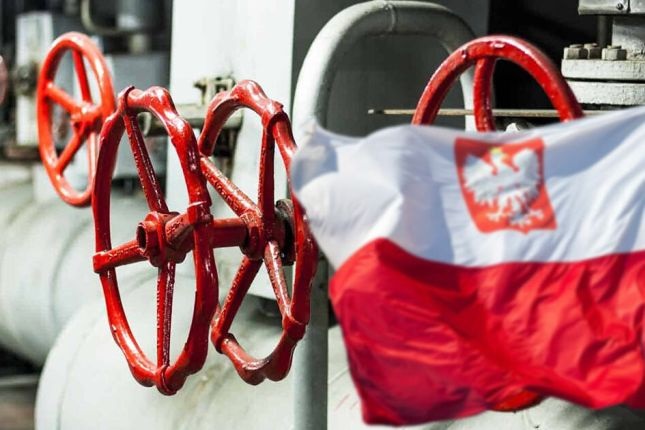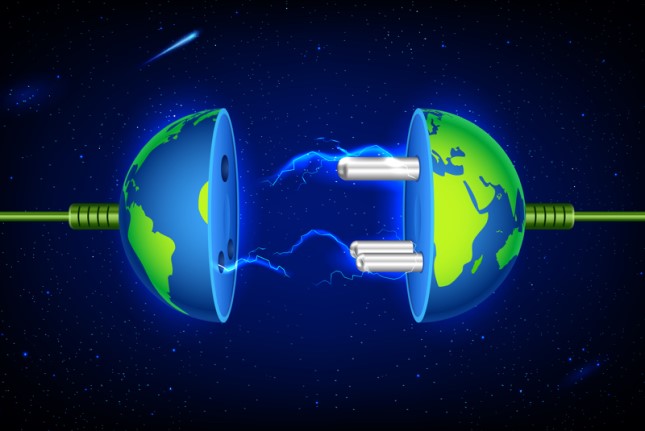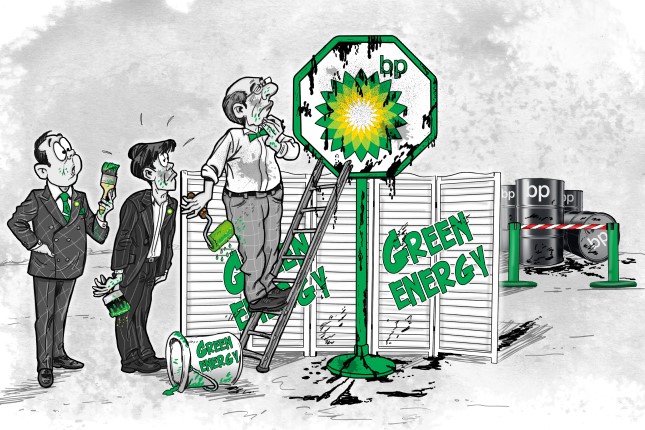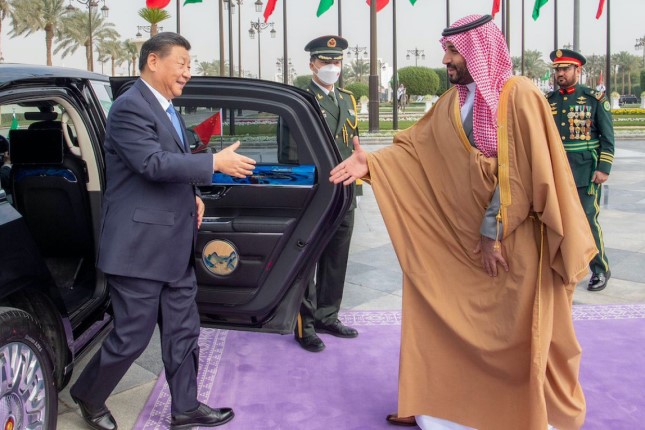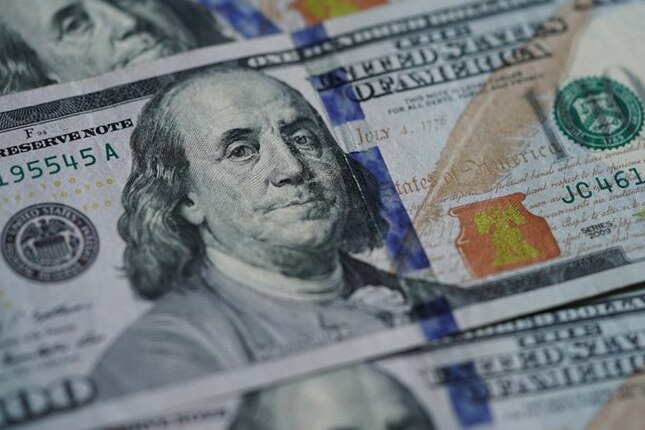Following OPEC+'s decision to cut output by 2 million barrels per day, oil prices broke the USD 95 mark and started their steady ascent toward the three-digit range. In the meantime, in addition to initiating the release of oil from its strategic reserves, the United States proceeded to blow the dust off some of its most far-reaching bills aimed at deterring and confronting other oil-producing countries. The US administration decided to revive its antitrust NOPEC (No Oil Producing and Exporting Cartels) bill. But will Biden have the stomach to disrupt the oil market?
Oil as a weapon?
Biden was full of hope, expecting that Saudi Arabia, the United States' longtime Middle Eastern ally, would be willing to put aside all their recent disagreements and, in memory of the good old days, oblige their old buddy Joe by not curtailing oil output. This would not be too far-fetched, especially in light of the fact that following the US President's July visit to Saudi Arabia, Crown Prince Mohammed bin Salman officially announced that his country was capable of ramping up its oil production to a maximum of 13 million barrels per day.
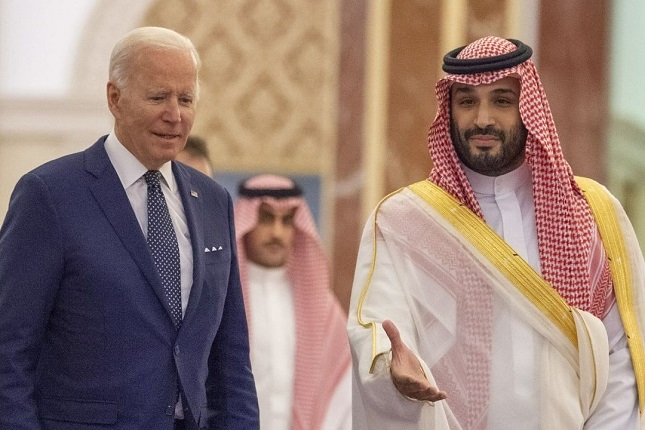
Saudi Royal Palace, Saudi Crown Prince Mohammed bin Salman, right, welcomes U.S. President Joe Biden to Al-Salam Palace in Jeddah, Saudi Arabia, July 15, 2022.
That was the target that Saudi Arabia had been shooting for anyway, but according to the Saudis' plans, they did not intend to get to that point until as late as 2027.
The reality, however, turned out to be quite different from all these expectations. OPEC+ slashed oil production by 2 million barrels per day, giving Biden severe heartburn. Bristling at a question about whether OPEC was weaponising oil, Saudi Arabia's energy minister, Prince Abdulaziz bin Salman, responded: "Very provocative question… Show me where is the act of belligerence."
OPEC's Secretary General, Haitham al-Ghais, added that the organisation was not endangering energy markets. "We are providing security and stability to the energy markets. Everything has a price. Energy security has a price", he noted.
In turn, European Union Foreign Policy Chief Josep Borrell believes that OPEC+'s decision to decrease oil supply is an answer to the West's proposal to cap the price of Russia's oil.
He also commented that energy "is becoming the most important geostrategic issue today - related with the war, but also with the balance of power in the world".
Interventions and a search for allies
The White House, however, interpreted OPEC+'s decision as a hostile move and went all out. US President Joe Biden called the decision "short-sighted" and announced his intention to bolster the market with additional interventions using oil from the nation's Strategic Petroleum Reserves. Biden directed the US Department of Energy to release another 10 million barrels in November on top of the 180 million barrels he had authorised back in March. However, putting an extra 10 million barrels on the market would be akin to a drop in the oil bucket, considering that daily global oil consumption equals 100 million barrels. This would hardly change anything or surprise anyone.
In addition, the US has also decided to once again turn for help to its Western Hemisphere neighbour, Venezuela, a country that it has previously humiliated and maligned repeatedly (including via the imposition of sanctions). According to the Wall Street Journal, the Biden administration is preparing to scale down sanctions on Venezuela "to allow Chevron Corp. to pump oil in Venezuela again".

Chevron Corp. Pasadena refinery.
According to the newspaper's sources familiar with the matter, in exchange for the easing of the sanctions, President Nicolás Maduro's government will have to renew dialogue with the opposition to negotiate the terms of the 2024 elections. In return, the US will unblock Venezuela's hundreds of millions of dollars held in US banks to pay for food and to meet other needs of the beleaguered nation's population. But that is still a long way off.
It is worth noting that Venezuela's oil exports have been growing no thanks to the United States’ lenience. According to internal documents of PDVSA, Venezuela's state-owned oil and natural gas company, and tanker tracking data obtained by Refinitiv Eikon, larger sales through intermediaries and growing cargo swaps with Iran drove Venezuela's oil exports in September to their third highest level this year.
A total of 40 cargoes departed from Venezuelan waters in September, carrying an average of 710,033 barrels per day of crude and fuel and 544,000 tons of byproducts, mainly to China through regional hubs. Much of the oil was acquired and resold by companies with no track record in crude trading. These intermediaries, which arrange shipment, payment and final buyers, accounted for 79 per cent of the exports, the PDVSA documents showed. September exports fell 13 per cent from the August record of 816,450 barrels per day but were 75 per cent higher than last year.
NOPEC: nothing is forgotten
As Dmitry Peskov, spokesman for Russian President Putin has aptly pointed out, and the US has begun to lose its composure over OPEC+'s decision to cut oil production.
The US administration is looking into all possible legislative actions and measures that could be taken against OPEC, the US President's National Economic Council Chairman Brian Deese said at a press gaggle last Thursday.
"We're going to consult with Congress on additional measures. A number of those have been put forward and debated for some time. We are going to engage because we need to look at whether and what tools are necessary for that context", Deese noted, responding to a question about whether the administration has changed its opinion on NOPEC legislation that it had previously criticised.
If Congress approves, the NOPEC bill will require amending US antitrust law allowing lawsuits to be filed with US federal courts against members of OPEC+ and their state-owned oil companies as parties complicit in unlawful practices that limit oil production and boost energy prices.
On May 5, 2022, the bill's current draft passed 17-4 in a US Senate committee. American Petroleum Institute and other industry figures had come out strongly against NOPEC, fearing its impact on the market. But the ongoing situation with rising gasoline prices spurring record fuel inflation has changed their attitude toward the bill.
If it materialises, this initiative may catalyse constraining OPEC's actions and, subsequently, act as a trigger for sending price shockwaves through the oil market. It may even cause prices to crumble. However, upon closer examination, the US should realise that not only is the country unable to sustain itself with energy resources, but its economy is entirely dependent on China, the world's largest oil and natural gas importer.
At one point in the past, the US chose to move its high-cost manufacturing facilities to Asia. As a result, the problem that Washington now has to grapple with is that the US market, while remaining a key market for China, has become dependent on goods coming from China. During the globalisation era, the US grew accustomed to importing, rather than producing, an extensive range of goods necessary for the national economy's smooth running. And not only has it grown used to it, but it also seems to have lost other alternatives.
Suppose the US Defense Department's report, "Assessing and Strengthening the Manufacturing and Defense Supply Chain Resiliency of the United States", was released a few years ago. Is any indication mutual interdependence of the world's largest economies may not be as straightforward as one might think?
More specifically, the US was found to be 100 per cent dependent on supplies from China concerning more than 300 items, or products, that are critical to the proper functioning of the US Armed Forces. In other words, should the current conflict escalate further, there will be nothing to substitute these items with.
This means that Beijing, too, has significant leverage here. Is Washington ready to rob itself of all this by falling out with the rest of the oil-producing world?
The idea of NOPEC has been a subject of much debate for decades, but it has not gotten any traction. But those were different times, and US leaders were other. So far, the US has not had much of a result in its confrontation with the oil cartel.
Main photo: Reuters.
